Last month, FutureWater, in partnership with Utrecht University and University of Friborg, embarked on a transformative mission to Dushanbe, Tajikistan, aimed at assisting the Tajik government with the Water Sector Reform Program.
This crucial program endeavors to enhance water resource planning and allocation strategies across various river basin zones. The necessity for such initiatives has become increasingly pressing as Tajikistan grapples with the adverse consequences of climate change on its cryosphere. The disruption in high mountain water supply and the consequential shifts in runoff composition and overall water availability have prompted a concerted effort to address this critical issue. The recent visit was a concerted effort to bridge the existing information gap by improving the capacity to collect, evaluate, and effectively utilize data from snow and glaciers in the Zarafshan river basin.
The initial phase of the visit was centered around enhancing the technical capacity of local stakeholders. Notable participants included the Ministry of Energy and Water Resources (MEWR), the National Water Information System (NWIS), the Zarafshon River Basin (Zarafshon RBO), the Center of Glacier Research (CGR), and the Institute of Water Problems (IWP). Sixteen delegates from these institutions took part in the comprehensive “Training 1: Training Program on glacio-hydrological and water allocation modeling for the Zarafshon River Basin in Tajikistan with a focus on drone technologies”, delving into the intricate details of water resource modeling in the high mountains of the Zarafshan river basin.
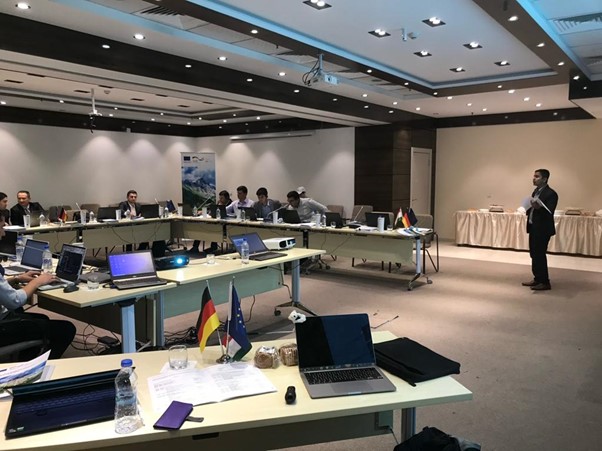
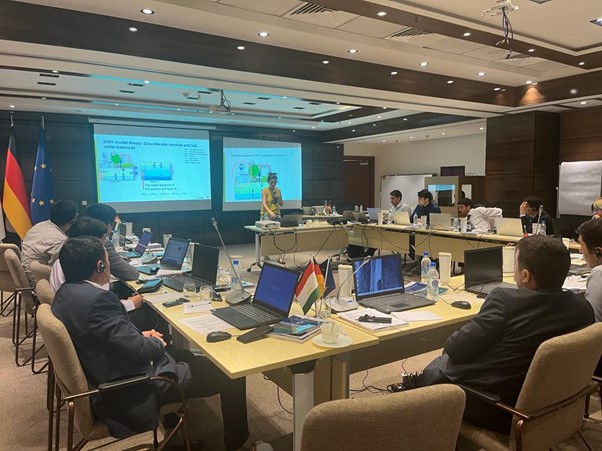
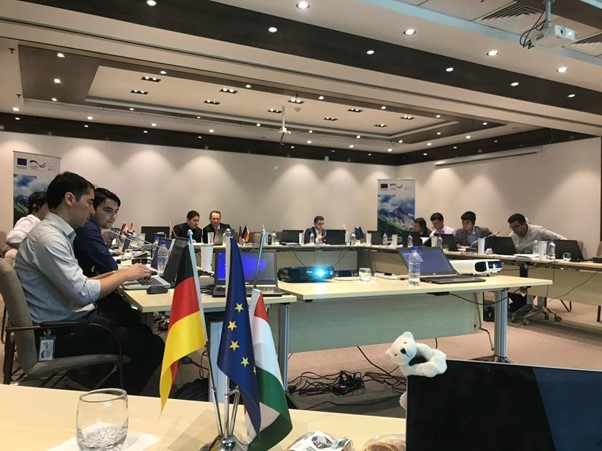
The latter part of the training emphasized a participatory stakeholder consultation exercise, fostering structured discussions among partners regarding contributions to a potential data-information workflow. These deliberations aimed to facilitate sustainable cooperation among the MEWR, CGR, and IWP, specifically for the purpose of data collection for glacio-hydrological and water allocation modeling. Actively engaged in the discussions were Mr. Daler Abdurazokzoda, Head of Department at MEWR; Dr. Kayumov Abdulhamid, Director at CGR; and Amirzoda Orif Hamid, Director at IWP, prominent decision-makers who provided key insights on the shared responsibility. The result was an elevated sense of trust and collaboration among both national and international stakeholders.
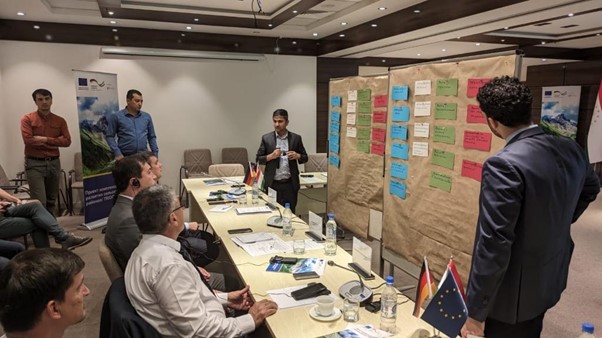
During the second week, the focus shifted to “Training 2: Drone technologies for seasonal snow and glacier monitoring.” This segment elevated the stakeholder’s capability to collect high-altitude data, incorporating a comprehensive demonstration and hands-on training on the eBeeX drone with DGPS system. The training included an extensive understanding of the drone, its software, and the entire workflow required for efficient drone data collection. Notably, a data collection expedition with the eBeeX drone was organized for GGP glacier, marking a significant step forward in the project.
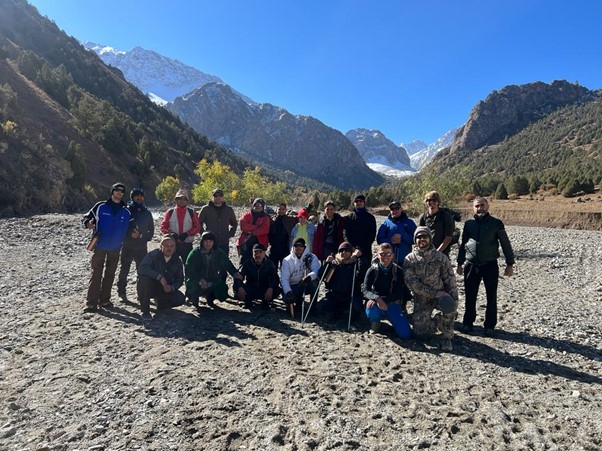
This robust dataset will serve as the foundation for establishing, calibrating, and validating Spatial Processes in Hydrology (SPHY) and WEAP models. The project’s ultimate aim is to utilize the model-chain to provide probabilistic flow forecasts based on seasonal meteorological data. These forecasts will be hosted on servers based in the Zarafshon RBO, ultimately contributing to the development of a comprehensive policy guidance note. This note will propose strategies for the development of a resilient integrated water resources management plan, ensuring both water availability and accessibility across the river basin.
With multiple training sessions and data collection expeditions planned, interested parties are encouraged to visit the project’s homepage and contact s.khanal@futurewater.nl for further information.


